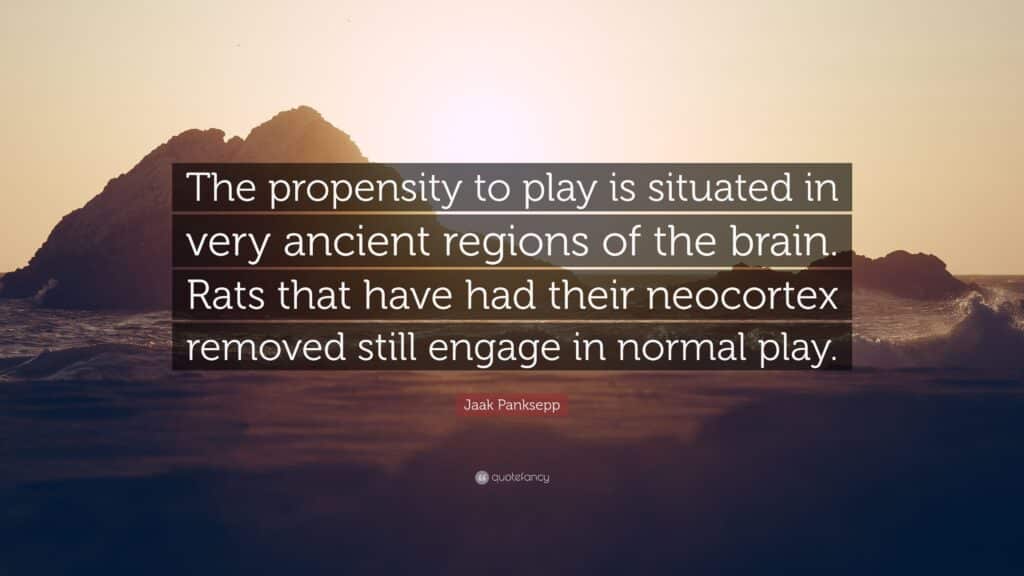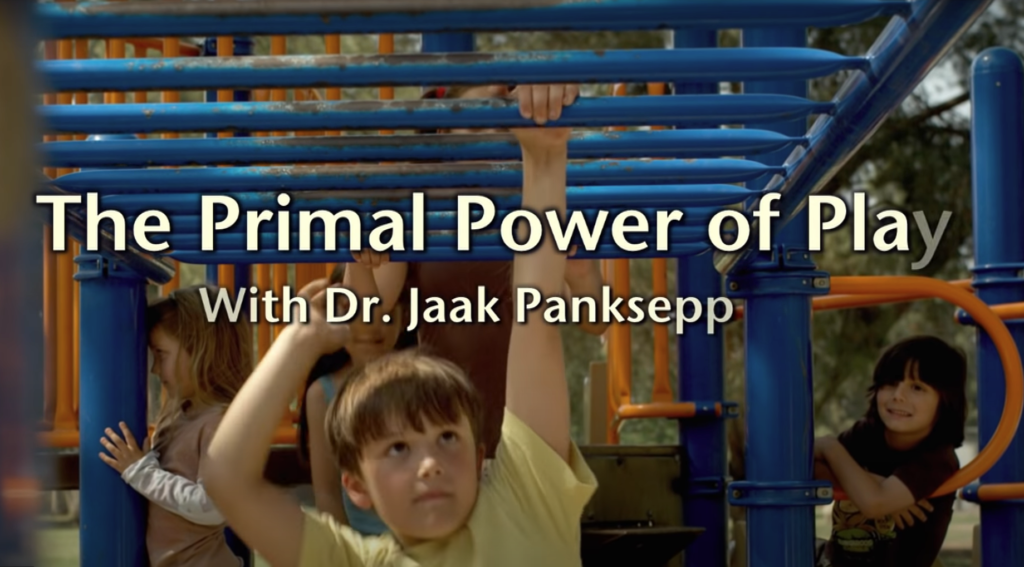The Power of Human Emotions
The power of human emotions lies in their complexity—universally experienced yet uniquely interpreted. Dr. Jaak Panksepp, a pioneer in neuroscience, psychology, and psychobiology, has shed light on this mystery through “affective neuroscience.” This field explores the neural foundations of emotion, bridging gaps in our understanding.

Dr. Jaak Panksepp’s Academic Excellence
Dr. Panksepp holds the Baily Endowed Chair of Animal Well-Being Science at Washington State University and is an emeritus professor at Bowling Green State University. His work intertwines veterinary and comparative anatomy, pharmacology, and physiology. His contributions include over 400 research articles and significant editorial works like “Handbook of the Hypothalamus and Emotions and Psychopathology.
Groundbreaking Work in Affective Neuroscience
Dr. Panksepp’s seminal book, “Affective Neuroscience: The Foundations of Human and Animal Emotions,” is foundational in the field. He co-directs research at the Hope for Depression Research Foundation, focusing on understanding and treating depression. His research on brain mechanisms underlying emotions, especially in nonhuman animals, provides unique insights into the power of play and laughter.
Insights into Play and Laughter
Brain World recently explored Dr. Panksepp’s views on the power of play, laughter, and their role in children’s lives. Dr. Panksepp emphasized that play is a fundamental activity for animals and humans, instinctively understood by children despite adults‘ confusion. He highlights that play involves physical and social interactions, exploratory activities, and object play, all crucial for development.

Creating a Playful Environment
Dr. Panksepp explains the importance of a comfortable, safe environment for animals to engage in play. Depriving animals of play can induce a hunger for it, making them more eager for playful interactions. This principle underscores the need for children to have ample opportunities for free play to harness the power of play in their development.
Differentiating Types of Play
The power of play includes various forms—physical engagement, games, and social networking. Physical play is primary, driven by instinct and emotions from ancient brain regions. In contrast, playing games involves learning and memory, a secondary process. Understanding these distinctions helps appreciate the fundamental role of play in brain development.
The Social Dimension of Play
Play is crucial for social development. Children naturally organize group activities, learning cooperation, negotiation, and conflict resolution. Dr. Panksepp’s research shows that play influences brain regions associated with social behavior, reinforcing the power of play in shaping positive social interactions and emotional health.
Advocating for Play Sanctuaries
Dr. Panksepp advocates for “play sanctuaries” where children can safely engage in play, fostering brain and mind development. Such environments can help identify and address childhood issues, promoting natural, positive behaviors. Play sanctuaries provide essential free play opportunities often lacking in structured, modern environments.
Addressing Modern Educational Challenges
The power of play is compromised by the trend toward structured environments and early academic pressures. Dr. Panksepp argues that this approach neglects the natural play instincts vital for brain maturation. He suggests integrating play into educational policies, ensuring children develop cognitively and emotionally through play.
Future Research Directions
Dr. Panksepp’s future focus is on depression research, exploring how positive emotions can counteract negative ones. He emphasizes the importance of understanding primary-process emotions through animal studies, aiming to improve treatments for psychological pain. Recognizing the shared emotional systems in animals and humans can advance our understanding of the brain and mind.
Bridging Science and Philosophy
Dr. Panksepp believes in combining scientific and philosophical perspectives to enrich neuroscience. Understanding the brain as a creator of mind, in both humans and animals, can lead to breakthroughs in comprehending our nature. This holistic approach underscores the profound impact of the power of play and emotions on overall well-being.



